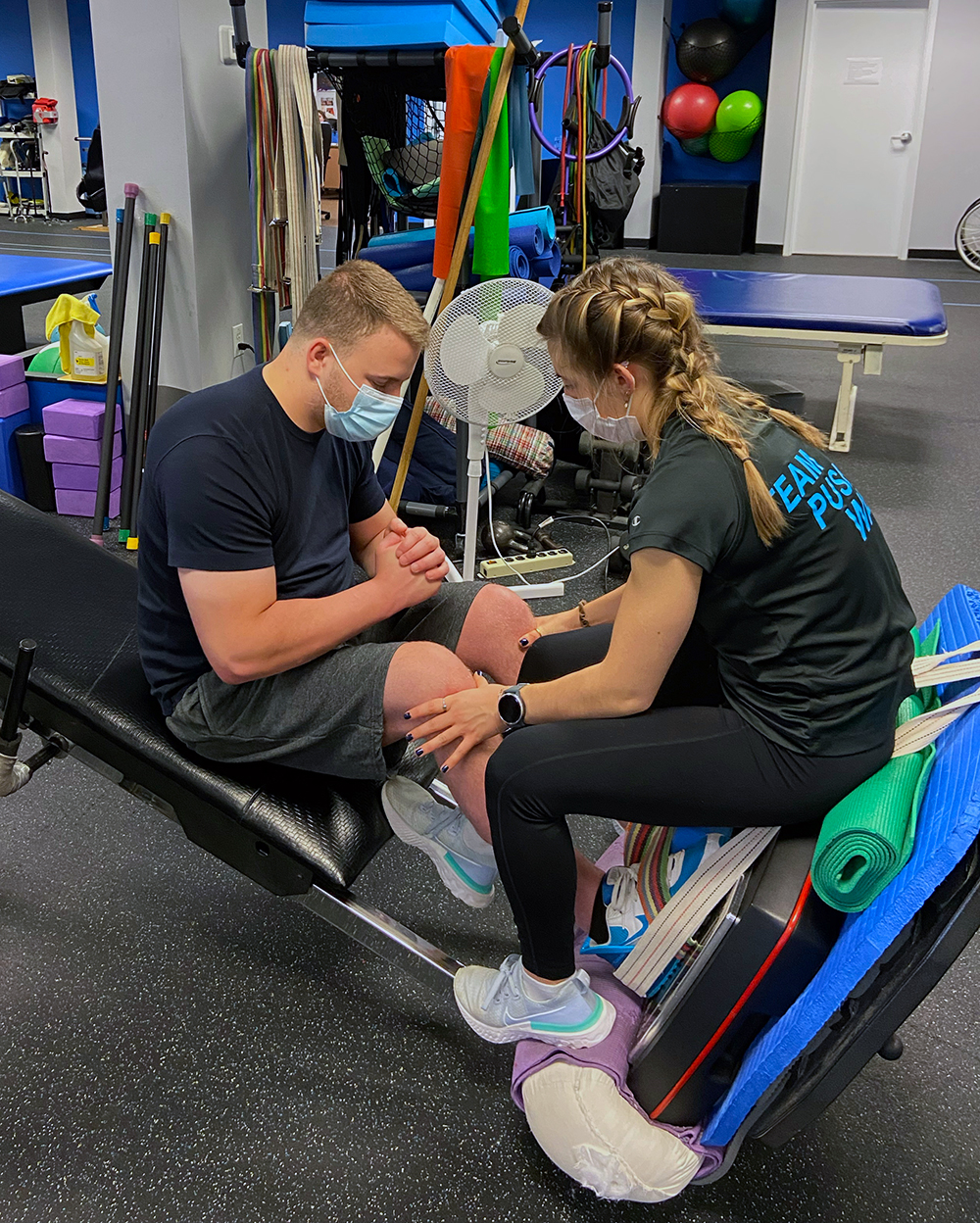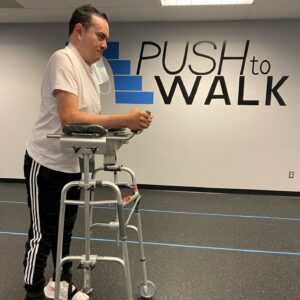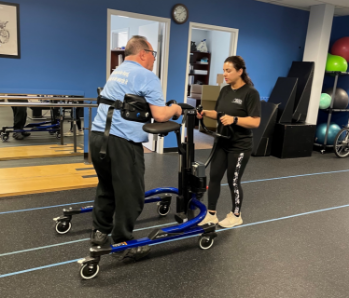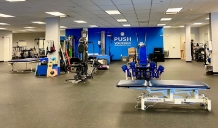Understanding Traumatic Brain Injuries
About 21% of Push to Walk’s (PTW) clients have a Traumatic Brain Injury resulting in some degree of paralysis. Traumatic brain injury usually results from a violent blow or jolt to the head or body. An object that goes through brain tissue, such as a bullet or shattered piece of skull, also can cause traumatic brain injury.
Mild traumatic brain injury may affect your brain cells temporarily. More serious traumatic brain injury can result in bruising, torn tissues, bleeding, and other physical damage to the brain. These injuries can result in long-term complications or death.
Effects of Traumatic Brain Injuries
Traumatic brain injury can have wide-ranging physical and psychological effects. Some signs or symptoms may appear immediately after the traumatic event, while others may appear days or weeks later.
The signs and symptoms of mild traumatic brain injury may include headache, nausea or vomiting, fatigue or drowsiness, problems with speech, dizziness, or loss of balance. In addition, there may be sensory problems, such as blurred vision, ringing in the ears, a bad taste in the mouth or changes in the ability to smell, and a sensitivity to light or sound.
Cognitive, behavioral, or mental symptoms may include loss of consciousness for a few seconds to a few minutes, no loss of consciousness, but a state of being dazed, confused or disoriented, memory or concentration problems, mood changes or mood swings, feeling depressed or anxious, difficulty sleeping, sleeping more than usual. Moderate to severe traumatic brain injuries can include any of the signs and symptoms of mild injury, as well as these symptoms that may appear within the first hours to days after a head injury such as loss of consciousness from several minutes to hours, persistent headache or headache that worsens, repeated vomiting or nausea, convulsions or seizures, dilation of one or both pupils of the eyes, clear fluids draining from the nose or ears, inability to awaken from sleep, weakness or numbness in fingers and toes, loss of coordination cognitive or mental symptoms, profound confusion or agitation, combativeness or other unusual behavior.

TBI Physical Therapy
Regardless of symptoms, at the most basic level, Push to Walk’s trainers is looking for ways to target and excite the nervous system. Positional movements, load-bearing activities, active-assistive exercises, developmental movement patterns, and so forth are all aimed at eliciting a response from the damaged nervous system and re-educating the body to work the way it was designed.
Some specialized equipment that Push to Walk offers clients with Traumatic Brain Injuries are the tilt table, Total Gym, standing frames, Rifton, squat rack, and much more! With the help of these pieces of equipment and our trainers, clients can improve their weight-bearing training, flexibility and mobility, core strength and stability, gait training.




